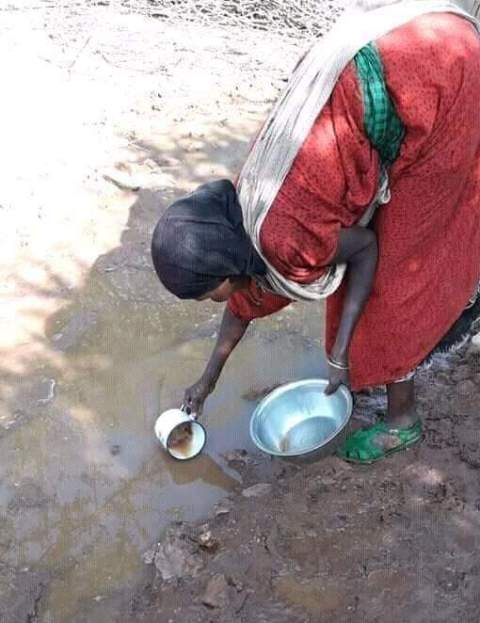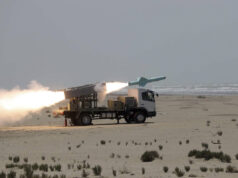
In Somalia, maternal mortality rates are among the highest in the world. One in 12 women is likely to die during pregnancy, childbirth, or the postpartum period because of a lack of access to health services. Infant mortality is exceptionally high with one in seven children not reaching the age of five.
Since May 2018, Médecins Sans Frontières (MSF) has supported the Bay Regional hospital in Baidoa, in the South West State of Somalia, to address the health needs of women and children. From May to December 2018, over 4,000 women received antenatal or postnatal consultations and over 1,500 women were admitted to the maternity ward. A total of 686 babies were delivered in that eight month period.
Halima, 18, lives in a village some 100 kilometres south of Baidoa. She is among the first women to have benefited from free maternity services for pregnant women and new-borns at Bay Regional hospital since MSF started our support in May 2018.
“I was planning on giving birth at home but after two days of labour I passed out, so my relatives put me on a donkey cart and got me to a nearby health centre in Qansah-Dhere district,” says Halima. “When I arrived, I was in very bad shape and the medical staff were unable to help. They kept me there for one night but I was still in a coma so they decided to send me to Bay Regional hospital in Baidoa.”
The next day, Halima was still unconscious and loaded onto a bus headed to Baidoa. The journey takes a full day but a few hours into the journey, Halima went into labour. “The baby started coming out; I was still unconscious and nobody knew what to do,” Halima says. “I was told that by the time I reached the hospital I had been in a coma for eight days. I lost my baby but the doctors in the hospital managed to save my life.”
It took Halima another two days to come out of the coma and she has since been recovering in the inpatient ward of Bay Regional hospital. “Since the hospital is the main referral centre in the region, most of the cases we receive are already very complicated ones, whether women have been referred by other health facilities or are self-referred,” says Asma Aweys, MSF’s medical manager at the hospital.





